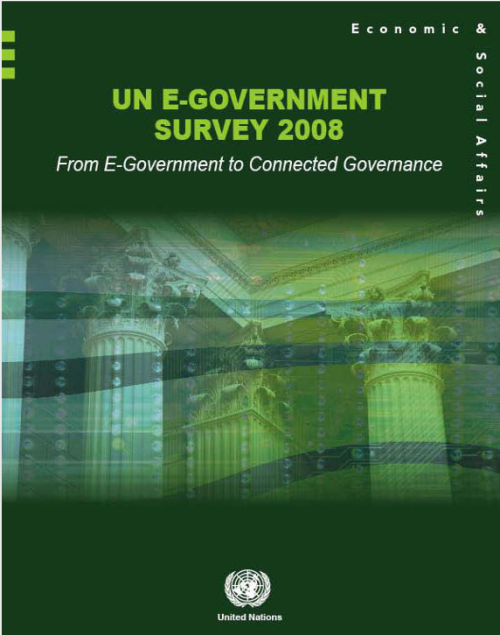
The UN E-Government Survey 2008: From E-Government to Connected Governance assesses the E-Government Development of the 192 Member States of the UN according to a quantitative composite index of e-readiness based on website assessment, telecommunication infrastructure, and human resource endowment. ICTs can help reinvent government in such a way that existing institutional arrangements can be restructured and new innovative arrangements can flourish, paving the way for a transformed government.
The focus of the report this year, in Part II, is e-government initiatives directed at improving operational efficiency through the integration of back-office functions. Whilst such…
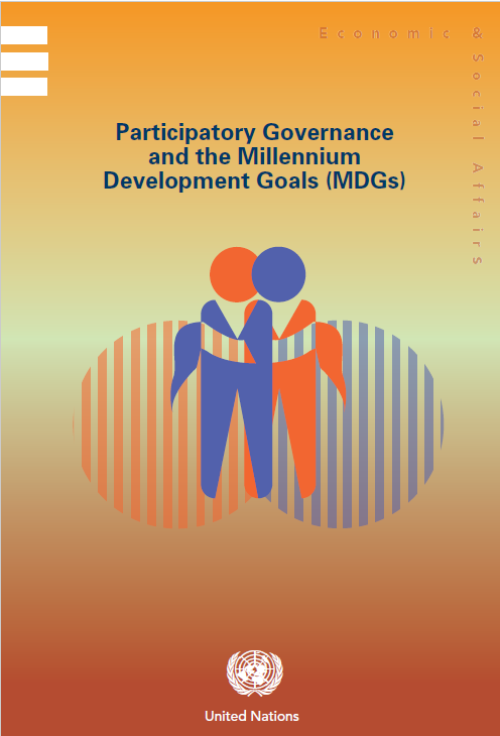
The Participatory Governance and the Millennium Development Goals (MDGs) publication is an output of the Expert Group Meeting (EGM) organized by UNDESA on Engaged Governance: Citizen Participation in the Implementation of the Developmental Goals including the Millennium Development Goals, which was held at the United Nations Secretariat, New York, from 1-2 November 2006.
The EGM convened leading experts on the subject, with the goal of providing a platform for dialogue and exchange of insights and experiences on pertinent issues relating to the role of engaged governance and participation in the implementation of development goals. The meeting covered topics including the pre-…
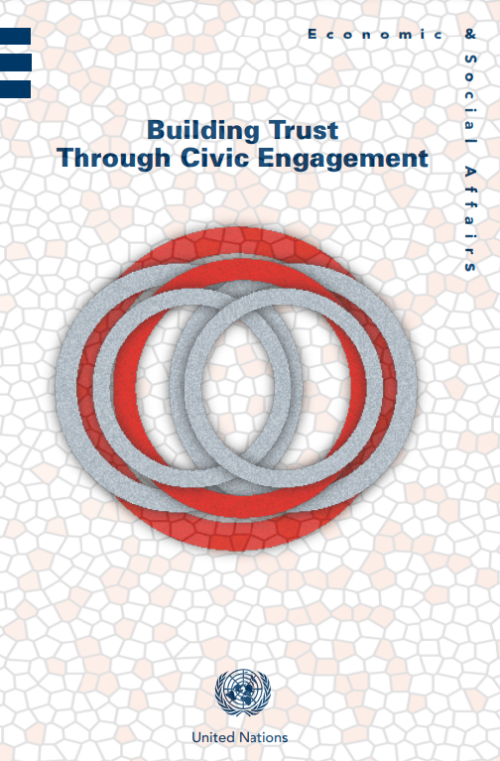
This publication is the result of the Workshop on Building Trust through Civic Engagement, held as part of the 7th Global Forum on Reinventing Government: Building Trust in Government, which took place at the United Nations Headquarters in Vienna from 26 to 29 June 2007. The Workshop was organized by the United Nations Department of Economic and Social Affairs (UNDESA), with the support of partner institutions including the Eastern Regional Organization for Public Administration (EROPA), Kyung Hee University (Republic of Korea), the International Budget Project of Washington, D.C., Queensland (Australia) Community Engagement Alliance, and the New York University Wagner Graduate School of…
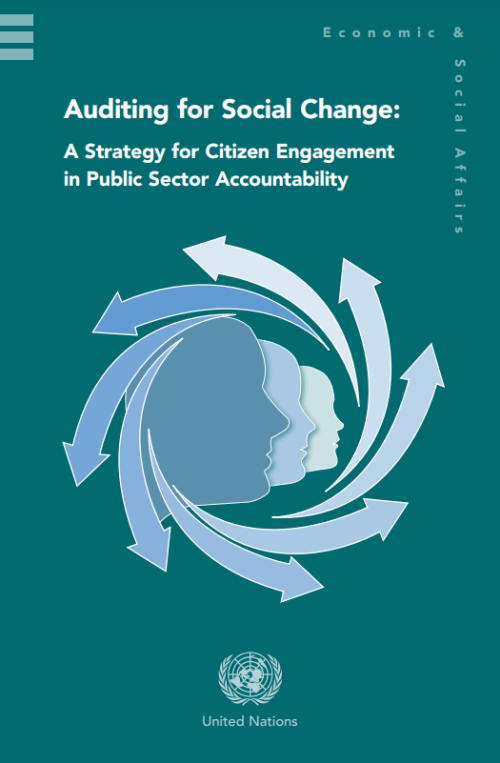
The publication is a result of the outcome of the Expert Group Meeting (EGM) in Seoul on May 26-27 2005 titled “Auditing for Social Change”, organised in partnership with the Board of Audit and Inspection (BAI) of the Republic of Korea, to discuss how the audit function, both external and internal, can become tools for social change and impact.
The EGM drew together experts from research institutes, think tanks, civil society organizations, international organizations as well viii Auditing for Social Change as the external and internal audit community. It explored how the audit process can be made more open and participatory and indeed, how audit can be used as a…
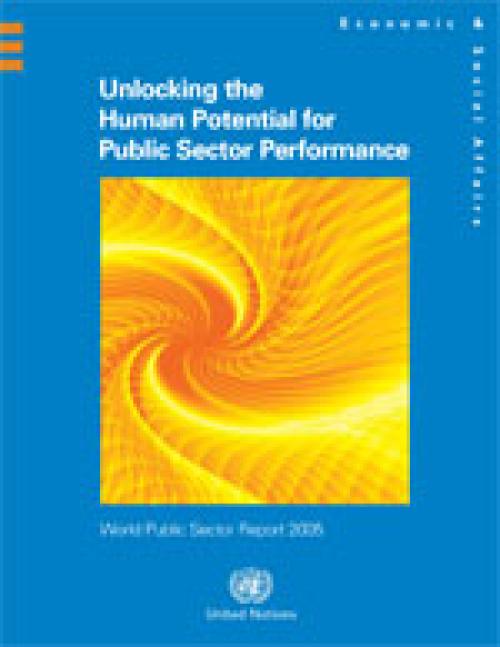
unlocking the Human Potential for Public Sector Performance
As recommended by the UN Committee of Experts on Public Administration (UNCEPA), the third World Public Sector Report will be published in 2005, with a particular thematic focus on human resources management (HRM). More specifically, the report will explore how the human potential can be unlocked to enhance public sector performance. UNCEPA, at its Second Meeting in April 2003, stressed that human resources capacity was critical to the quality of public administration. The increasing complexity of both policy-making and administrative processes, as well as the erosion of human resources capacity to carry out those…
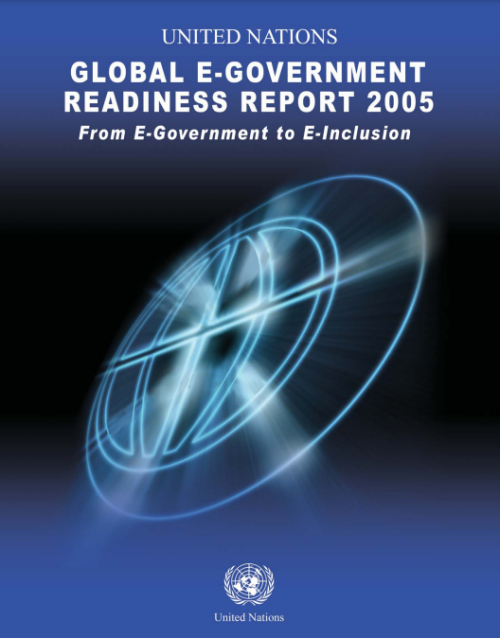
The spread of information technologies to a select group of people in the world is worsening disparities between the e-haves and the e-have-nots. There is a danger that unequal diffusion of technology, far from fomenting cohesion by providing opportunity, will result in reinforcing the traditional patterns of economic and social inequalities which will lead to a weakening of social bonds and cultural organization.
Exploring the interlinkages between e-government and human development, Part II of the UN Global E-Government Development Report 2005 points to the need to place development thinking within what it terms as the Socially Inclusive…
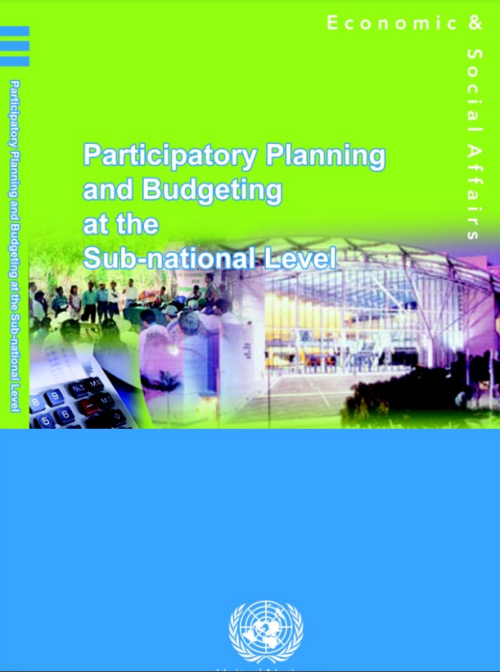
This publication serves as a reference and guide for local governments, non-governmental organizations, civil society and institutions, and will contribute to advancing the discussions in government-community engagements in fiscal processes. UNDESA remains committed to uphold the importance of good governance in achieving the goals of poverty reduction, social justice and equity through greater involvement, empowerment and engagement of citizens.
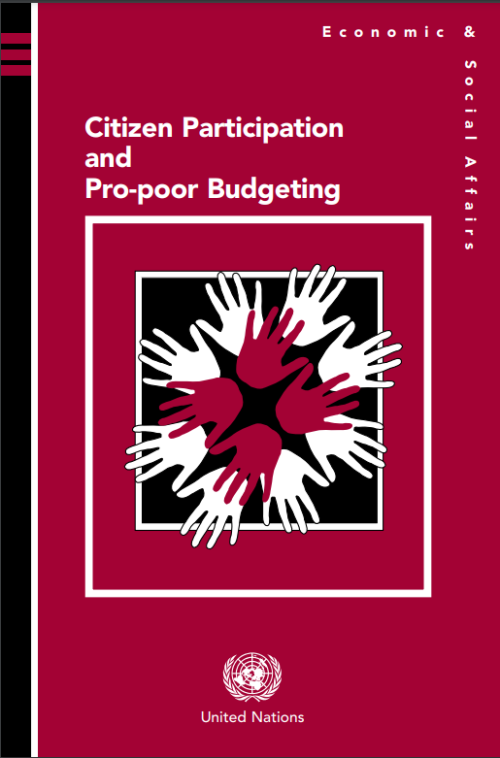
This publication is an output of Ad Hoc Expert Group Meeting on Civil Participation in Fiscal Policy, held in March 2004 in New York Headquarters. Specialists were invited to present papers and to discuss the institutions, processes and mechanisms of direct participation by citizens/citizen groups in the budgetary process and how this participation might contribute to the implementation of pro-poor policies.
Ad Hoc Expert Group Meetings are organized by DESA to provide information and substantive input to deliberations of policy-making organs and intergovernmental bodies of the United Nations system on subjects of interest to these bodies. In this case, the report of the Meeting…
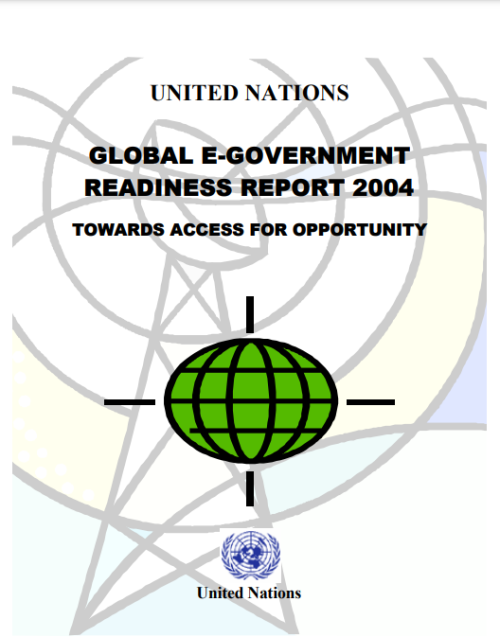
Economic and social empowerment today rests on the ability to access, gather, analyze and utilize information and knowledge to widen individual choices for political, economic, social, cultural and behavioral decisions. ICTs are the conduits which transmit information and knowledge. By integrating technology into development planning, more effective and speedy solutions can be found for economic growth and sustainable human development. However, the reality is that access to - and the distribution of - the tools for knowledge and wealth creation are highly unequal both among, and between, countries of the world. The disparities in access to ICT-related…
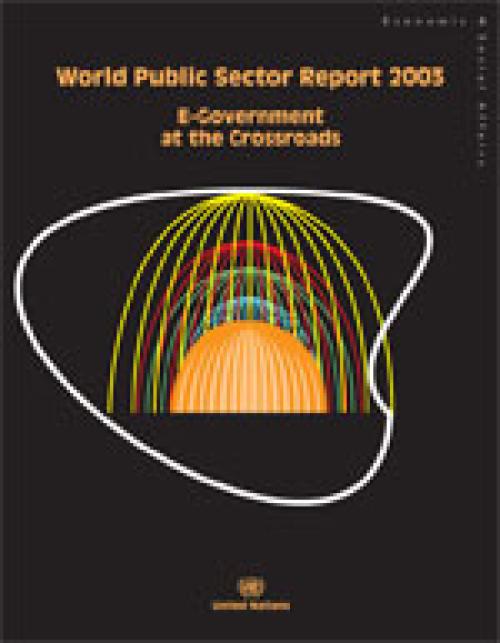
E-government at the Crossraods
The World Public Sector Report 2003 presents a view of e-government as a tool for creating public value. It puts e-government development in the context of the United Nations Millennium Declaration, the Report claims that meaningful e-government applications are those that support the environment conducive to human development and suggests that such an environment can be created by a conscious effort "world making". It discusses the special cases of e-participation and privacy, all as part of the main message the ICT by itself will not result in a different, better government, or higher quality of life, but that…
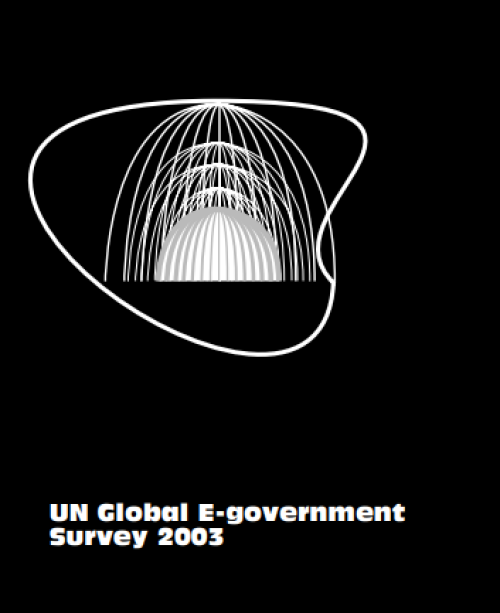
Governments are increasingly becoming aware of the importance of employing e government and e governance in improving public service delivery to people. The potential of e-government, as a tool for development, hinges upon three pre- requisites - a minimum threshold level of technological infrastructure, human capital, and e-connectivity for all. E-government Development strategies and programmes will be able to be effective and 'include all' people only if, at the very minimum, all have functional literacy and education, which includes knowledge of computer and Internet use; all are connected to a computer; and all have access to the Internet. The primary…
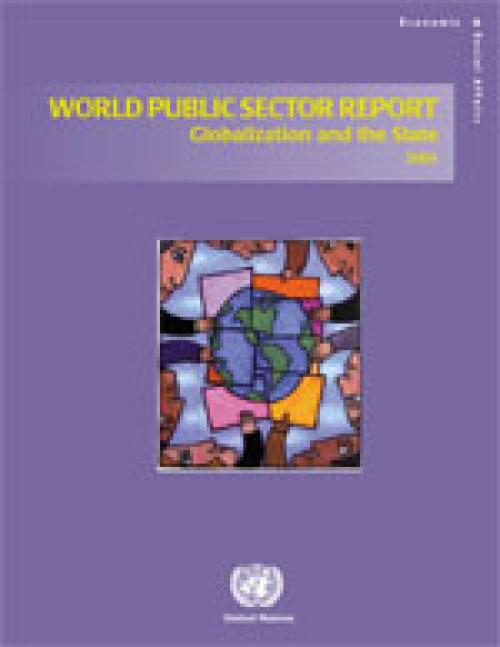
Globalization and the State 2001
Globalization, although not a new phenomenon, is unquestionably of paramount significance for all countries, developed or developing, rich or poor, large or small. What is globalization? How is globalization affecting the role and functions of the nation- State? Is globalization "good" or "bad"? Is there a universal understanding of its potential or its costs? Can all societies benefit from globalization? Are all States adequately prepared to enable their people to seize the opportunities of globalization while minimizing its negative effects? How should public administration systems be redesigned in view of the changes occurring at the global…
 Welcome to the United Nations
Welcome to the United Nations